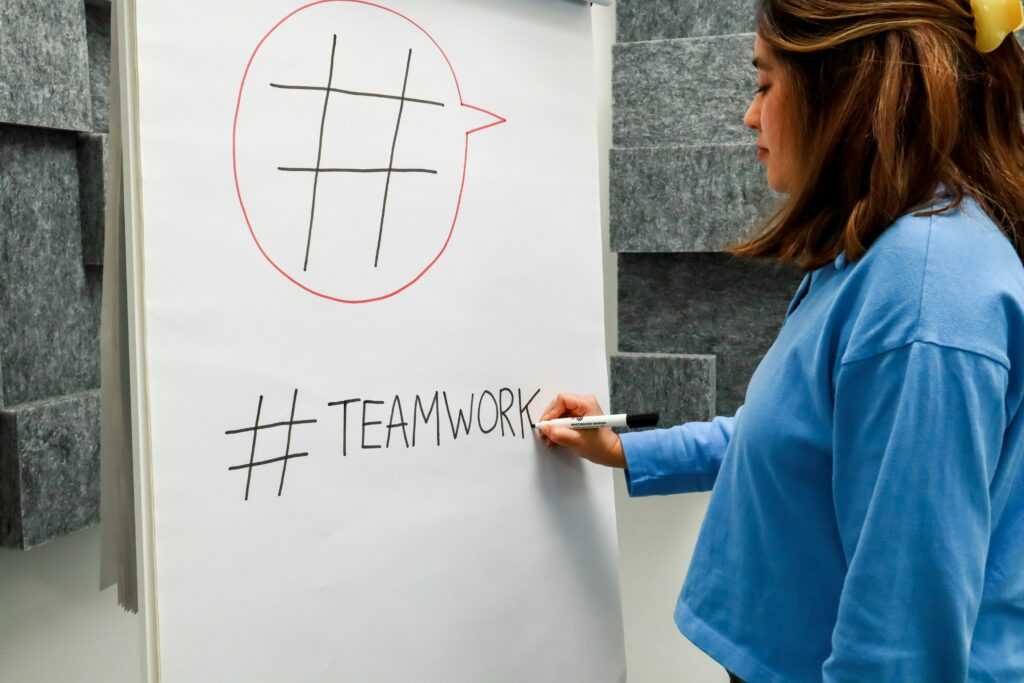Building a winning culture isn’t just about talent—it’s about how teams prepare and grow together. I’ve seen firsthand how practice sessions can either inspire greatness or fall flat, and the difference often comes down to strategy. When practice is intentional, focused, and well-structured, it becomes the foundation for long-term success.
Understanding the Importance of Culture in Practice Sessions
Creating a strong culture in practice sessions directly influences how teams perform and grow. It shapes behaviors, attitudes, and the overall environment, driving excellence and consistency.
How Culture Impacts Team Performance
Culture defines how team members interact, communicate, and contribute during practices. With a positive culture, teams foster trust, accountability, and motivation. For example, basketball teams with cultures centered on punctuality and effort see more cohesive play on the court. A consistent focus on shared values, like discipline and teamwork, minimizes conflicts and enhances collaboration, even under pressure.
Negative cultures, in contrast, disrupt progress and limit improvement. Teams with an environment of criticism or lack of trust often struggle to align during critical moments. By embedding a winning culture, teams strengthen their ability to overcome challenges and maintain focus on shared goals.
The Role of Leadership in Shaping Culture
- Leaders set the tone for culture during practice sessions.
- Coaches, captains, and senior members influence team dynamics through their actions, words, and priorities.
- By embodying commitment, enthusiasm, and respect, leaders guide team members toward adopting desirable behaviors. For instance, when soccer captains praise effort instead of just results, they implicitly encourage resilience across the roster.
- Poor leadership leads to confusion and inconsistency, undermining trust within the team.
- When leaders enforce clear standards and provide purposeful feedback, they align everyone toward collective improvement, reinforcing a strong and winning culture.
Key Components of Smarter Practice Sessions

Smarter practice sessions require deliberate planning and execution. By focusing on essential components, I ensure these sessions drive meaningful improvement and foster a winning culture.
Setting Clear Objectives
Defining specific, measurable goals provides direction during practice sessions. I identify what the team must achieve, whether it’s mastering new strategies or refining existing skills. Objectives like reducing execution errors by 20% or improving communication during drills create focus. Clear goals align effort and ensure every participant stays on track.
Incorporating Feedback Loops
Including real-time feedback optimizes learning and drives continuous improvement. I consistently assess performance and share actionable insights throughout sessions, rather than waiting until the end. For instance, I might highlight defensive positioning errors during a scrimmage or praise effective teamwork when it’s observed. Encouraging self-evaluation also boosts accountability, helping individuals identify growth areas.
Encouraging Collaboration and Communication
Promoting interaction between team members strengthens cohesion. I design activities requiring coordinated efforts, such as group problem-solving drills or collaborative scenarios, to build trust. Open communication, like discussing tactics or voicing concerns, fosters understanding and resolves potential conflicts. Assigning roles and encouraging dialogue ensures everyone contributes to building synergy.
Strategies for Creating a Winning Culture
Creating a winning culture requires intentional strategies that focus on:
- team dynamics
- mindsets
- motivation
I use specific approaches to foster trust, encourage growth, and reinforce positivity within teams.
Building Trust and Accountability
Trust and accountability form the foundation of a winning culture. I ensure transparency by clearly communicating expectations, which prevents misunderstandings and promotes reliability. Team members develop accountability when roles and responsibilities are defined, and consistent follow-through is encouraged. For example, using peer feedback mechanisms strengthens trust by making collaboration integral to the process. Trust also grows when I demonstrate integrity in leadership, setting an example for others to emulate.
Fostering a Growth Mindset
A growth mindset drives improvement by viewing challenges as opportunities. During practice sessions, I create an environment where mistakes are treated as learning moments. I encourage experimentation and provide constructive feedback to reinforce progress rather than focus on errors. Teams show significant progress when I prioritize individual skill-building alongside collective goals. Incorporating learning goals over performance goals enhances long-term development and instills resilience.
Celebrating Small Wins
Recognizing small wins motivates teams and reinforces positive behaviors. I celebrate incremental progress by acknowledging individual and group achievements during practices. Highlighting contributions—such as reaching minor skill milestones or improving execution during drills—fosters a sense of accomplishment. Small celebrations, like verbal praise or team-wide recognition events, create enthusiasm and build momentum for sustained success.



 Lead Training Analyst
Lead Training Analyst
